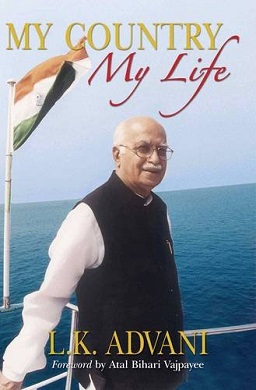Secularism
Secularism is not about good and bad people, but about an unflinching law that won’t brook public demonstrations of intolerance. Secularism is just to make sure that ordinary people can lead ordinary lives without fearing what tomorrow might bring. When the law is on your side you don’t need eyes in the back of your head.
It is the law, not irreligiousness, or shutting up the church, that makes us secular. In fact, Henry VIII was hardly secular because he flouted the Pope, divorced and re-married. If the Vatican did not approve of his behaviour, it could go fly a kite. From this historical act a rather simplistic idea grew that secularism was about separating church from state.
Religious persecution continued in Europe, not because the church said smell, go, hunt and kill, but because it was now the king who issued such diktats. The unquestionable authority of the priests was now replaced by that of the king.
It is only with democracy that secularism truly appeared. This is not because we suddenly became good, and traded in our cruel hearts for loving ones. What made the real difference was that there were now legal penalties for communal and religious violence.
Secularism becomes a habit when the law works systematically, and without exception, against sectarian intolerance. It is this legal intolerance of intolerance that teaches us to be civil and not moral science in a classroom, nor sweet and inconstant political talk. Though it might still hurt to tolerate and make room for other communities, it would hurt a lot more to break the law.
Across time, intolerance is spurred by social and economic insecurity. When jobs are scarce, when one’s self-esteem has got a hiding, we start blaming other communities and see all kinds of evil in them. How this is best combated, with words or with deed? Recall post-Partition’s hot and heady mood, and yet how Nehru succeeded in keeping religious passions from taking over our just born democracy. He succeeded, in large measure, because he promised jobs, dams and steel mills. He hardly talked of pure tolerance, or even secularism; he just did it.
If secularism and pseudo-secularism are bandied about freely, and abusively, today it is because partisans on both sides are clueless on how to develop our economy. This is bipartisanship for you, Indian style!
Questions
- The author argues that :-
- Henry VIII was a secular King.
- Henry VIII was pretending to be a secular King.
- Henry VIII defied the authority of the Vatican Church.
- Vatican Church dominated Henry VIII.
- Correct answer – c.
- Secularism can be achieved by
- shutting up the Church
- making people obey religious laws
- impressive speeches of great leaders
- strong legal system and developed economy
- Correct answer – d.
- According to the author there was religious persecution in Europe
- During the rule of the Church.
- During the regime of Henry VIII.
- After the establishment of democratic systems.
- During all the three regimes mentioned in option a, b and c
Which is the correct option?
- Only a
- Only b
- Only a and b
- None
- Correct answer – 3
- Intolerance in the society is caused when
- When there is a scarcity of jobs
- There are evil communities
- There is a rise in bad words and deeds
- When there are no dams and steel mills
- Which is the correct option?
- Only a and b
- Only a and d
- Only c
- Only b
- Correct answer – d.
- Which is the correct option?
- According to the author secularism means
- Separating church from the state.
- A social system which helps ordinary people to lead ordinary lives.
- Tolerant attitude of the majority community towards the minorities.
- Stopping religious persecution.
- Correct answer – b.
![]()


